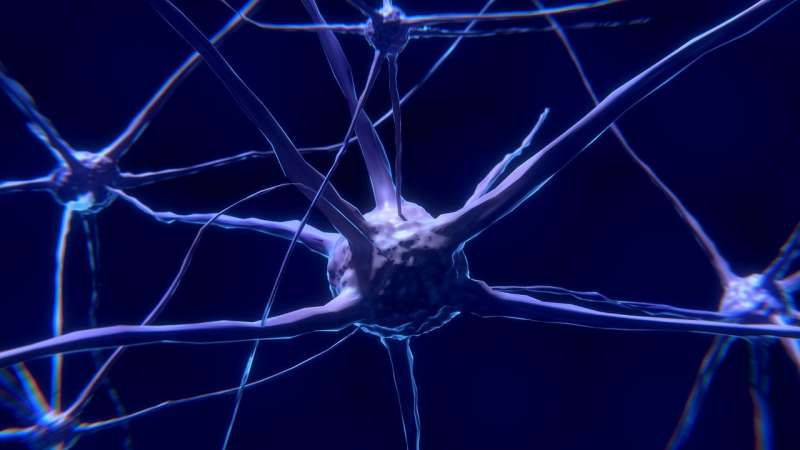Transurethral Fulguration: A Promising Treatment for Pelvic Pain in Interstitial Cystitis Patients

Recent research indicates that transurethral fulguration (TUF) is an effective approach for alleviating pelvic pain associated with interstitial cystitis (IC). This minimally invasive procedure involves cystoscopic treatment targeting bladder ulcers, specifically Hunner lesions, to reduce pain symptoms. In a retrospective study published in Neurourology and Urodynamics, Hyun Ju Jeong and colleagues from Seoul National University analyzed medical records of 275 IC patients presenting with pelvic pain. The majority (240 patients) underwent initial cystoscopic surgery incorporating TUF, with an average of one procedure per patient over a median follow-up of approximately 21 months.
The results showed that nearly 30% of patients (71 out of 240) did not require further surgical intervention. About 26.7% needed a second TUF due to recurrent pain, typically after 12 months, and some patients underwent additional TUF procedures, with one patient receiving as many as seven treatments. Overall, pain control was achieved in about 70% of the patients, highlighting TUF's potential as a primary treatment modality for IC-related pelvic pain. A small percentage (7.5%) eventually required cystectomy when other treatments failed.
This study underscores the value of TUF as a long-term, manageable option for patients suffering from persistent pelvic pain due to IC. The procedure's ability to significantly reduce pain and delay or avoid more invasive surgeries can greatly enhance patient quality of life. Further prospective studies are needed, but current evidence supports the role of TUF in the management of IC. For detailed findings, refer to the original publication: Jeong et al., 'Transurethral Fulguration of Hunner Lesion Was Effective for Primary Management of Pelvic Pain in Patients With Interstitial Cystitis,' Neurourology and Urodynamics, 2025.
Stay Updated with Mia's Feed
Get the latest health & wellness insights delivered straight to your inbox.
Related Articles
Evidence of Accelerated Biological Aging in Children with Multiple Sclerosis
Children with multiple sclerosis show signs of accelerated biological aging, indicating early cellular damage that may influence disease progression and treatment approaches.
Low-Oxygen Air Therapy Shows Promise in Slowing Parkinson's Disease and Restoring Movement in Mice
New research indicates that low-oxygen environments can protect neurons and reverse movement impairments in Parkinson's mouse models, opening new avenues for treatment strategies.
Innovative Internal Radiation Clinical Trial for Kidney Cancer Treatment
A groundbreaking Phase II clinical trial is exploring internal radiation therapy for kidney cancer, utilizing tiny radioactive beads to target tumors directly and improve treatment outcomes for inoperable cases.
Bridging Gaps in Memory Care for Rural and Indigenous Communities
Innovative research in northern Arizona is addressing overlooked signs of dementia in rural and Indigenous communities by providing early detection, education, and support to promote brain health and prevent progression.



